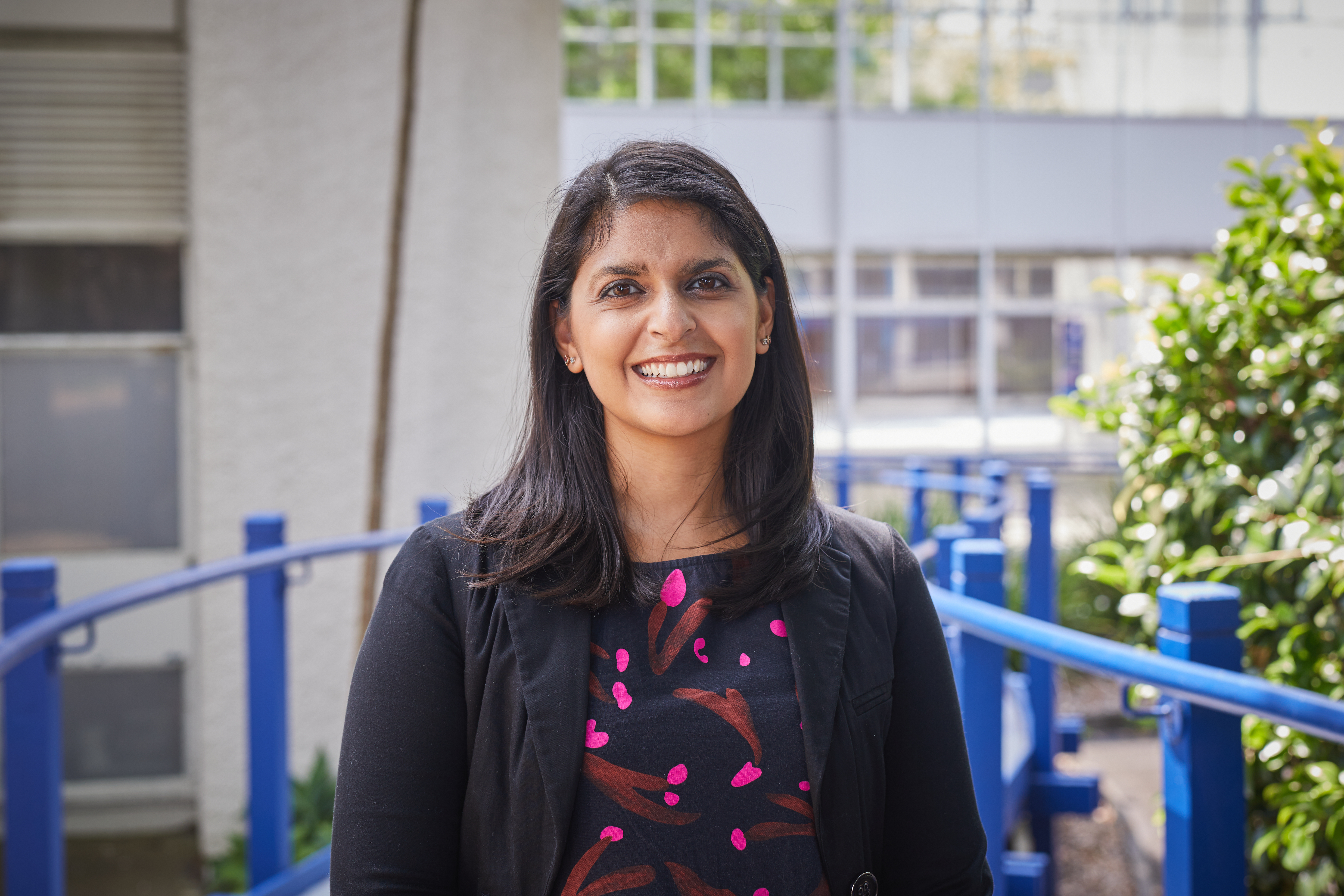Q + A with Nadia Charania
Dr. Nadia Charania joined AUT in 2015 and is a Senior Lecturer in Public Health in the School of Public Health and Interdisciplinary Studies and a Co-Director of the Migrant and Refugee Health Research Centre. She is also collaborating with NZWRI on a project looking at the ethnic disparities in the use of healthcare services for children. We asked Nadia to give us an insight into her career history and life outside of work, here is what she said:
1. Tell us more about your collaboration with NZWRI.
I am one of the leading qualitative researchers for a project funded by the Health Research Council which explores ethnic gaps – between Pacific, Māori, Asian and European groups - in the uptake of healthcare services for children – namely GP services, dentist visits and vaccinations. The project combines both quantitative and qualitative research methods which helps us uncover a more detailed picture of why there are ethnic gaps. For example, the quantitative component helps understand where these gaps are, and the qualitative component helps us understand why those identified gaps exist.
2. What makes this project impactful?
We want to use the findings from this project to inform policy that aims to improve our healthcare system and reduce the inequities that exist within it. Using such complementary methodologies to unpack a complex issue, we can find out what the main drivers are within and across ethnic groups and find effective solutions based on end-users so that resources can be directed towards closing these gaps in accessing health care services for children.
3. What made you passionate about public and migrant health?
I started my career working in a hospital as a respiratory therapist and I noticed that many of the issues that patients faced could be prevented. I started thinking of ways that we could prevent people’s illnesses before they reached the hospital, and this sparked my interest in public health. I have also always been cognisant of the migrant journey as my parents immigrated from India to Canada, and that journey can impact health in multiple ways. I then asked myself how I could improve migrants’ experiences, and their health, and that has shaped my research interests today. Currently, I am looking at the vaccination rates of children with migrant and refugee backgrounds and, like the project with NZWRI, I’m using both quantitative and qualitative methods to inform strategies that can be used by healthcare providers to improve vaccination rates among these groups.
4. What do you enjoy doing in your spare time?
I like to go out with friends, go for long walks, and love to sink my teeth into a good book!
